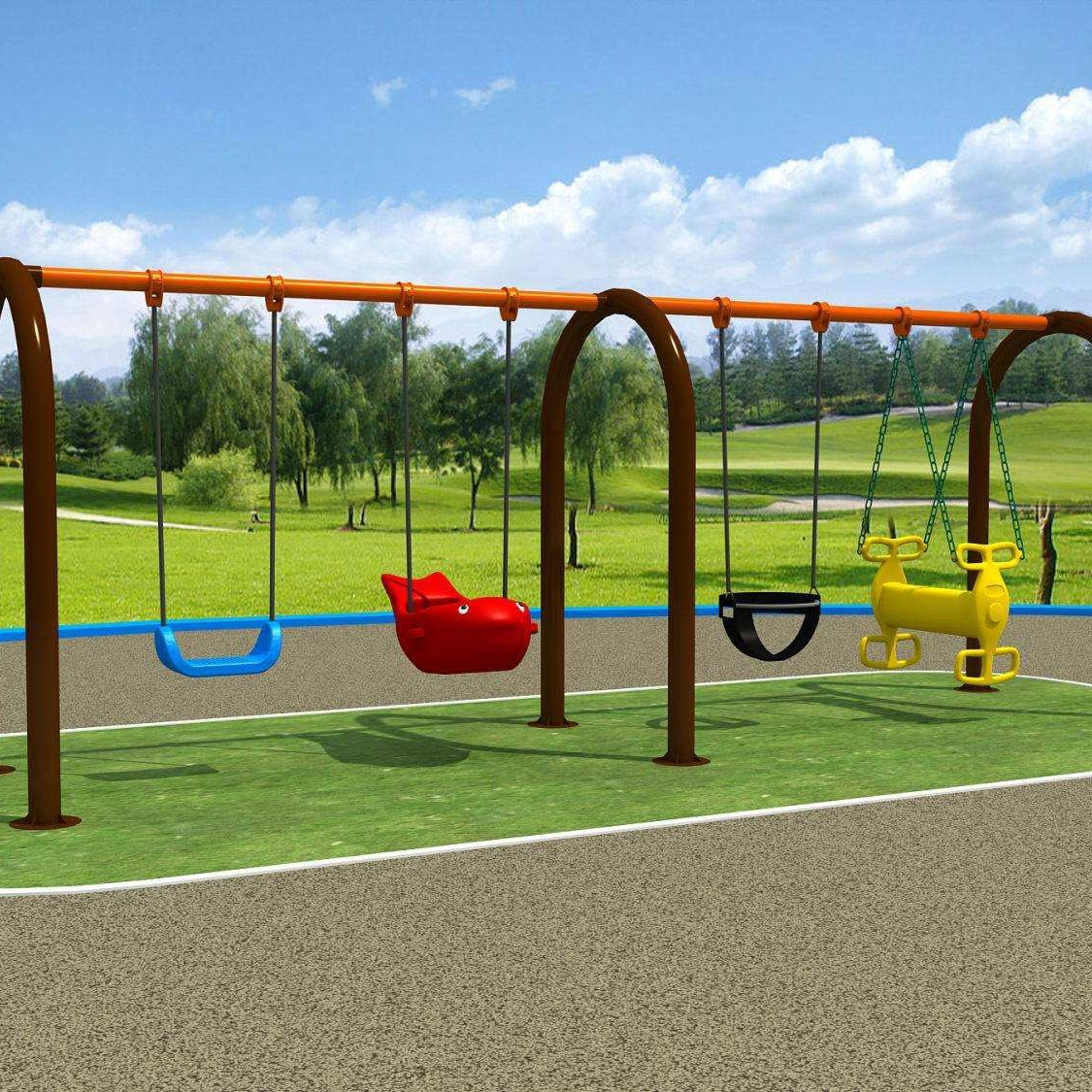
-
 Afrikaans
Afrikaans -
 Albanian
Albanian -
 Amharic
Amharic -
 Arabic
Arabic -
 Armenian
Armenian -
 Azerbaijani
Azerbaijani -
 Basque
Basque -
 Belarusian
Belarusian -
 Bengali
Bengali -
 Bosnian
Bosnian -
 Bulgarian
Bulgarian -
 Catalan
Catalan -
 Cebuano
Cebuano -
 China
China -
 China (Taiwan)
China (Taiwan) -
 Corsican
Corsican -
 Croatian
Croatian -
 Czech
Czech -
 Danish
Danish -
 Dutch
Dutch -
 English
English -
 Esperanto
Esperanto -
 Estonian
Estonian -
 Finnish
Finnish -
 French
French -
 Frisian
Frisian -
 Galician
Galician -
 Georgian
Georgian -
 German
German -
 Greek
Greek -
 Gujarati
Gujarati -
 Haitian Creole
Haitian Creole -
 hausa
hausa -
 hawaiian
hawaiian -
 Hebrew
Hebrew -
 Hindi
Hindi -
 Miao
Miao -
 Hungarian
Hungarian -
 Icelandic
Icelandic -
 igbo
igbo -
 Indonesian
Indonesian -
 irish
irish -
 Italian
Italian -
 Japanese
Japanese -
 Javanese
Javanese -
 Kannada
Kannada -
 kazakh
kazakh -
 Khmer
Khmer -
 Rwandese
Rwandese -
 Korean
Korean -
 Kurdish
Kurdish -
 Kyrgyz
Kyrgyz -
 Lao
Lao -
 Latin
Latin -
 Latvian
Latvian -
 Lithuanian
Lithuanian -
 Luxembourgish
Luxembourgish -
 Macedonian
Macedonian -
 Malgashi
Malgashi -
 Malay
Malay -
 Malayalam
Malayalam -
 Maltese
Maltese -
 Maori
Maori -
 Marathi
Marathi -
 Mongolian
Mongolian -
 Myanmar
Myanmar -
 Nepali
Nepali -
 Norwegian
Norwegian -
 Norwegian
Norwegian -
 Occitan
Occitan -
 Pashto
Pashto -
 Persian
Persian -
 Polish
Polish -
 Portuguese
Portuguese -
 Punjabi
Punjabi -
 Romanian
Romanian -
 Russian
Russian -
 Samoan
Samoan -
 Scottish Gaelic
Scottish Gaelic -
 Serbian
Serbian -
 Sesotho
Sesotho -
 Shona
Shona -
 Sindhi
Sindhi -
 Sinhala
Sinhala -
 Slovak
Slovak -
 Slovenian
Slovenian -
 Somali
Somali -
 Spanish
Spanish -
 Sundanese
Sundanese -
 Swahili
Swahili -
 Swedish
Swedish -
 Tagalog
Tagalog -
 Tajik
Tajik -
 Tamil
Tamil -
 Tatar
Tatar -
 Telugu
Telugu -
 Thai
Thai -
 Turkish
Turkish -
 Turkmen
Turkmen -
 Ukrainian
Ukrainian -
 Urdu
Urdu -
 Uighur
Uighur -
 Uzbek
Uzbek -
 Vietnamese
Vietnamese -
 Welsh
Welsh -
 Bantu
Bantu -
 Yiddish
Yiddish -
 Yoruba
Yoruba -
 Zulu
Zulu
fiberglass reinforced pipe
Fiberglass Reinforced Pipe A Modern Solution for Various Industries
Fiberglass Reinforced Pipe (FRP) has emerged as a groundbreaking solution in various industries, showcasing its resilience, versatility, and efficiency. Combining the lightweight properties of fiberglass with the strength of resin, FRP is designed to withstand harsh environmental conditions, making it an ideal choice for transporting fluids in diverse applications.
Fiberglass Reinforced Pipe A Modern Solution for Various Industries
Moreover, the lightweight nature of fiberglass makes its installation and handling much easier compared to traditional materials. FRP pipes are significantly lighter than their metal counterparts, which translates to lower transportation costs and reduced labor requirements during installation. This ease of use allows for faster project completion, granting companies the ability to improve productivity and efficiency in their operations.
fiberglass reinforced pipe

FRP is also known for its flexibility, enabling it to be utilized in various configurations. The pipes can be manufactured in a range of sizes and shapes, accommodating the specific requirements of different projects. Whether used in municipal water systems, sewage treatment facilities, or industrial applications, the adaptability of FRP ensures it meets the unique needs of each industry.
Another critical aspect of FRP is its excellent thermal insulation properties. Unlike metal pipes, which can transfer heat and cold, FRP helps maintain the temperature of the conveyed fluids. This feature is particularly beneficial in industries where temperature control is essential, such as oil and gas, chemical processing, and water management.
Furthermore, FRP pipes exhibit robust mechanical strengths, allowing them to withstand high internal pressures. This characteristic makes them suitable for high-pressure applications commonly found in industries like oil and gas extraction. Additionally, they are resistant to impact and can endure physical stresses without cracking or breaking, further enhancing their reliability and performance.
In conclusion, Fiberglass Reinforced Pipe represents a significant advancement in piping technology. Its corrosion resistance, lightweight nature, flexibility, and thermal insulation properties position it as an ideal solution for industries ranging from construction to chemical processing. As businesses seek sustainable, cost-effective, and durable options, FRP continues to gain traction as a preferred material for significant applications, paving the way for a more efficient future in fluid transport systems.
Latest news
-
Exploring the Benefits of Top Hammer Drifter Rods for Enhanced Drilling PerformanceNewsJun.10,2025
-
High-Precision Fiberglass Winding Machine for GRP/FRP Pipe Production – Reliable & Efficient SolutionsNewsJun.10,2025
-
FRP Pipes & Fittings for Shipbuilding - Corrosion-Resistant & LightweightNewsJun.09,2025
-
Premium FRP Flooring Solutions Durable & Slip-ResistantNewsJun.09,2025
-
Premium Fiberglass Rectangular Tanks Durable & Lightweight SolutionNewsJun.09,2025
-
Tapered Drill String Design Guide Durable Performance & UsesNewsJun.09,2025









